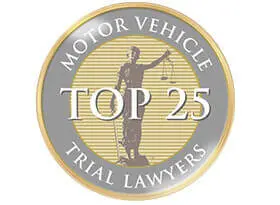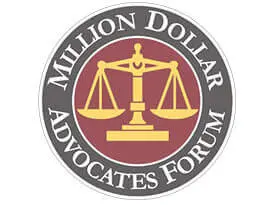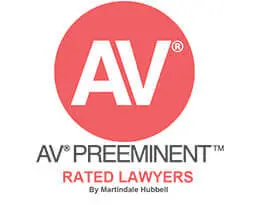
When many people are in an accident one of the first questions they have is, “Should I hire an attorney?”
Finding the right attorney is similar to finding the right doctor or medical provider. Like doctors, most attorneys have one main area of focus. They are there for you through the good and the bad and will be the best advocate for you, having your interests fully in mine. But how can you find the right attorney to fit what you need?
Here Are 4 Questions You Should Ask When Looking For An Attorney:
1. Do They Practice Areas I Need?
There are many different practice areas of law like there are many different practices of medicine. There are attorneys that handle family or civil matters, personal injury, criminal… and that’s just naming a few! Just as you wouldn’t visit a cardiologist if you injured your foot, you wouldn’t hire a divorce attorney to represent you in a personal injury claim. If you’re injured in a car accident, trip/slip and fall, or animal attack, you need an experienced attorney in personal injury to help you with your case.
2. Are They Experienced In The Practice Area I Need?
This will confirm that the attorney is already a specialist when it comes to your practice area. It’s worth the time to look for an experienced lawyer or law firm that best fits your needs. Someone who knows what to say when battling with insurance companies and can deliver expertise when it comes to the process will represent your interests best. Personal injury attorneys like Andrew Jones and Chase Swanson understand the legal process for injury claims, they understand how to best communicate with insurance companies, and have decades of experience successfully representing other victims like yourself.
3. what Is The Firm’s Fee Structure?
Different attorney’s fee structures look very different depending upon the office. There are several different types of fee structures you could be looking for, including:
- Consultation Fees – This is something to look out for from the initial conversation with an attorney’s office. Will an attorney charge you for an initial consultation with their office or do they offer free consultations? At Jones & Swanson, we offer consultations completely free of charge.
- Contingency Fee – This is how Jones and Swanson’s system works, which means that the personal injury attorneys only earn a percentage of the amount awarded in the case (after you receive your pay out). But not all law offices work on a contingency fee structure. Some charge an hourly rate, others work from a retainer. Every attorney’s fee may vary when it comes to the percentage they charge.
- Hourly Rate & Flat Fees – These are exactly how they sound. An hourly rate is the hourly charge of the attorney, for example if the attorney charges $100 an hour and works 5 hours he/she would charge $500. A flat fee is when the lawyer charges a specific total fee. Jones & Swanson does not work on an hourly rate or flat fee basis.
- Retainer Fees – This is essentially a type of deposit paid up front in a lump sum to retain the attorney’s services. Jones & Swanson does not charge retainer fees.
4. Will My Case Go To Trial?
It’s important to note that not every case will go to trial. In fact, most cases settle before trial. Just like every doctor’s patients have different stories and unique backgrounds, every personal injury case has a similar uniqueness. Depending on the practice area your case falls within, it could be helpful to do research on the percentage of cases that go to trial. Because if there’s a larger possibility yours will proceed to trial, you’ll want an experienced trial lawyer. A majority of personal injury cases can be completed without ever having to step foot into a court room, but should yours progress to trial the attorneys at Jones & Swanson have decades of trial experience on their side.
It’s important to ask the right questions to ensure you’re hiring someone who will truly fight for you and the compensation you deserve. And it’s ok to call a few different law offices to ensure you find someone you’re comfortable with. If you’re unsure of what practice area you might need, check out this area of legal practice guide.










